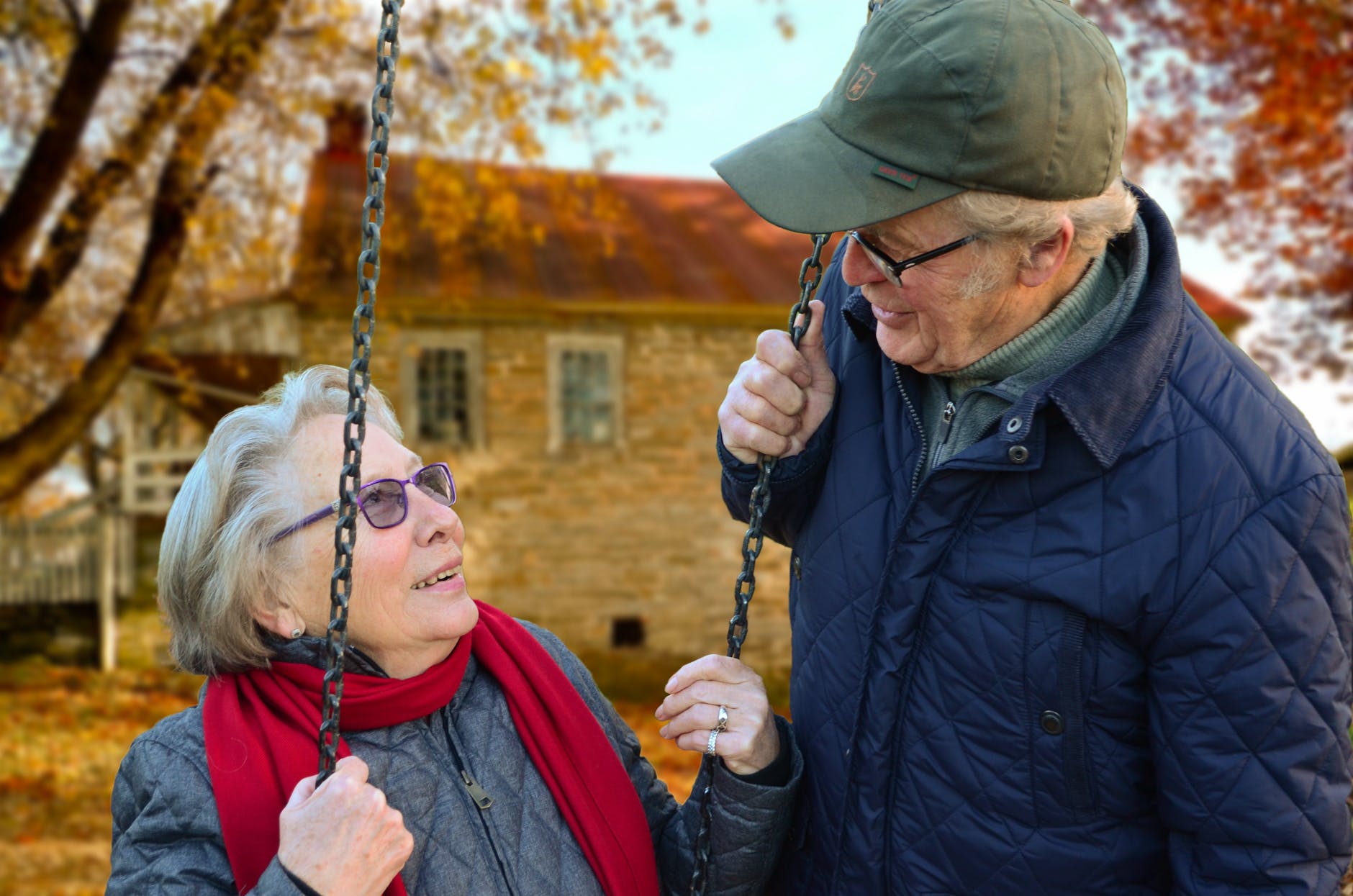How to Recognize if a Loved One Needs Alzheimer’s Screening

Alzheimer’s disease can have a very noticeable onset. Unfortunately, it is uncommon for a victim of Alzheimer’s to seek help themselves. Often, it is a family member or friend that steps in to suggest a visit to the doctor.
It is essential to know the early signs of Alzheimer’s. Once you understand what the symptoms look like, you will be able to help the ones you love detect the disease early.
Here are some signs that it is time to have your family member or friend screened for Alzheimer’s disease.
Look for Issues with Memory
Memory loss is, without a doubt, a symptom of dementia.
Unusual forgetfulness is common and exhibited in the early phases of Alzheimer’s disease. Recently obtained information may be forgotten, including important dates and placement of objects. It is also common for those affected to ask for the same information repeatedly.
If your loved one is showing visible signs of unusual memory issues, do not wait to have them undergo Alzheimer’s screening. There are many benefits of screening early for Alzheimer’s, and the BrainTest® app offers quick, easy at-home screening.
Receiving an early diagnosis will widen treatment options and even prevent memory issues from worsening.
Notice Any Confusion Regarding Time and Location
Is your loved one having trouble tracking the time? This could be a telling sign of cognitive decline. Notice if they are also having difficulty recalling the seasons, their location, and how they got there.
It is not uncommon for people with dementia to display these symptoms, even in the early phases of the disease. Showing this type of confusion is a good enough reason to have them undergo screening.
Check Their Vision
Issues with vision can mean trouble. Did you know that some people with dementia show signs of visual impairment, including issues with spatial awareness, color identification, and even problems with driving?
Note that vision issues can occur in older people due to cataracts and natural vision decline. You should aim to differentiate between normal, age-related vision issues and vision problems caused by Alzheimer’s disease.
Note Any Changes in Social Activity

Image via Pexels
Sadly, social withdrawal is a common symptom experienced by those who have Alzheimer’s. A decline in social activity can even be an early symptom.
Along with a lessened interest in being around people, people with dementia can become less interested in the hobbies they once loved. This loss of interest often has to do with an inability to complete tasks that were once enjoyable.
When in Doubt, Have Your Loved One Undergo Early Alzheimer’s Screening
If a family member or friend is showing signs of memory loss, vision issues, social issues, or confusion, be sure to have them take an early screening test using the BrainTest® app.
Even if you are not sure about the symptoms they are experiencing, have them take it anyway. The symptoms could be mild, but they should not be ignored. Diagnosing Alzheimer’s disease early is important. It broadens treatment options, allows for preventative lifestyle choices, and gives one the ability to consider a broader range of therapy options. Detecting Alzheimer’s disease in its early stages will also make life easier for family and caregivers.

